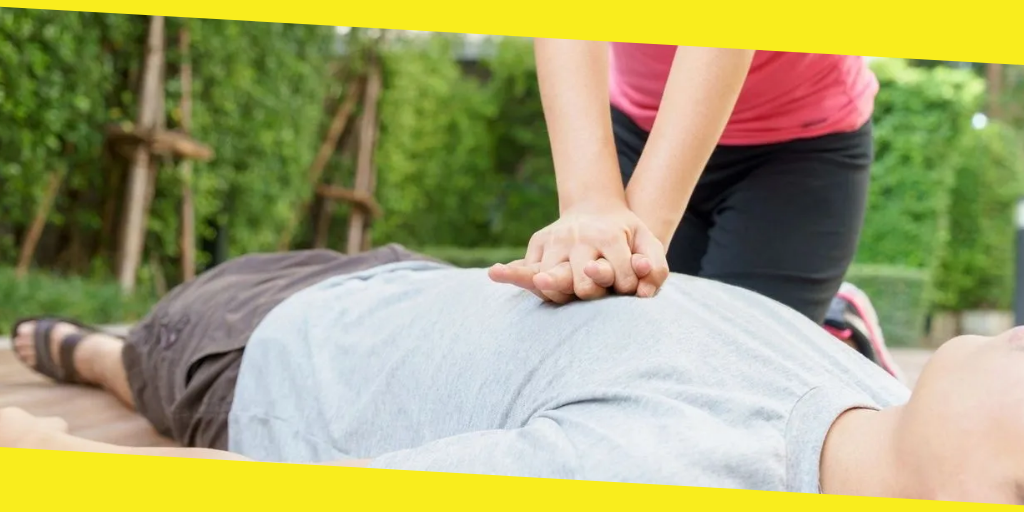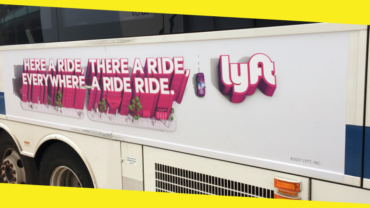What Are Good Samaritan Laws?

Good Samaritan laws are something that can be confusing to understand, and they vary quite a bit in their scope and specifics throughout the country, but it’s good to have a general understanding of what they are and how they apply in your state.
For example, what if you live in Nevada and you see a pedestrian hit by a car? What should you do? It might be a more common scenario than you even think because 99 pedestrians were killed in Nevada in 2018.
If you see someone who’s hurt or injured, you might automatically think that you should try to help them in any way you can, but what if you were to face legal liability as a result?
The following is an overview of Good Samaritan laws, especially as they apply in Nevada.
What Are Good Samaritan Laws?
A Good Samaritan Law is put in place by states in order to protect people who help others. If you are just a regular person out and about and you see a situation where a person needs help, these laws can apply to you.
However, if you are someone who is paid to help others, such as an EMT or police officers, Good Samaritan Laws don’t usually apply to you.
In most states, even if you do something without the expectation of reward but you are later rewarded for example, with money for your help, Good Samaritan laws may not apply to you either.
Some states take a stricter approach, and in those cases, Good Samaritan laws apply only to people who are medically trained to be rescuers, but other states extend the laws to the general public.
Act in the Best Interest of the Victim
If you are worried about someone who’s been hurt but you also want to ensure you don’t have to face court if you help them, a good rule of thumb is always to act in the best interest of the victim. Don’t try to help someone so that you can look like a hero.
You should try to get professional help first and foremost, and Good Samaritan laws don’t protect you from everything.
What Are the Good Samaritan Laws in Nevada?
If you live in Nevada, there is a Good Samaritan law. The law in Nevada does encourage people to help if they’re a bystander in an emergency situation, and luckily for people in Nevada, the law is pretty straightforward.
Under Nevada law, you shouldn’t be held liable if you make an honest mistake in what’s described as a difficult situation. Essentially, if you make a good faith effort to help someone you shouldn’t be held liable for what you do if there was an actual emergency, you made an active attempt to help, and you weren’t paid for your efforts.
You also shouldn’t have acted in a way that could be described as grossly negligent.
If the situation isn’t truly an emergency, then you may not have liability protection in Nevada. If you’re just trying to be nice and the situation isn’t an emergency, you might want to avoid getting involved in whatever is happening.
What Are the Exceptions to Nevada’s Good Samaritan Law?
The following are potential exceptions to the law in Nevada:
- If you are grossly negligent, as was touched on, you will lose your protection under the law. If you are acting in a way that could be seen as recklessly endangering the health and safety of someone else, this can be seen as gross negligence. Gross negligence far exceeds making a mistake, though.
- If you caused the accident, you aren’t protected by Good Samaritan laws.
- As is the case in many states, if you have a duty to provide help to people in emergency situations, then you are not a bystander, and the Nevada Good Samaritan law does not cover you.
Interestingly, in some states such as Massachusetts, you can actually be held liable for not being a Good Samaritan. For example, if you stood by and watched someone be hurt or killed and there is something you could have done, you might be sued for negligence.
Ultimately, what all this means is that a good rule of thumb is to help someone if you are a bystander but only if you are truly trying to help them. If you are extremely uncomfortable in your ability to help that person or you worry you could do more harm than good, you might not want to, however.
Recommended For You
Key Rideshare Laws That You Should Know
Most Inside
Most Inside offers high-quality recommendations and valuable updates to enhance all aspects of your life, providing premium guidance and enriching experiences.




